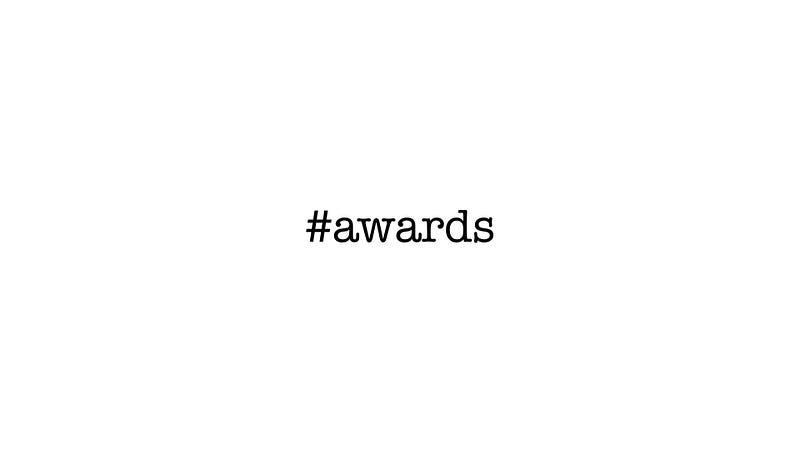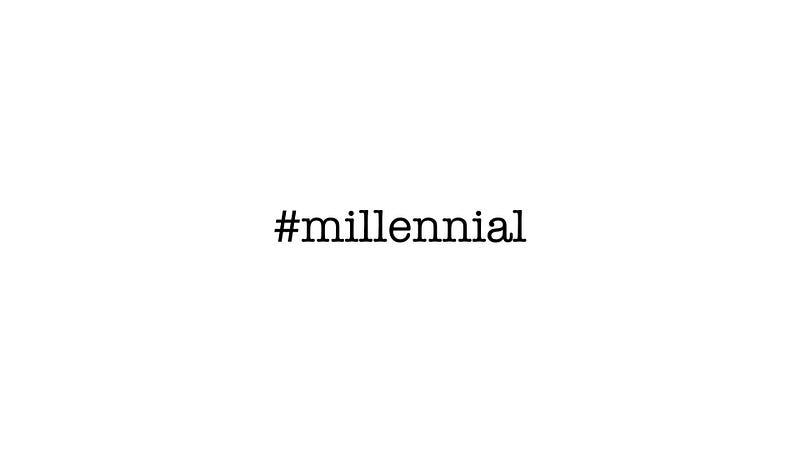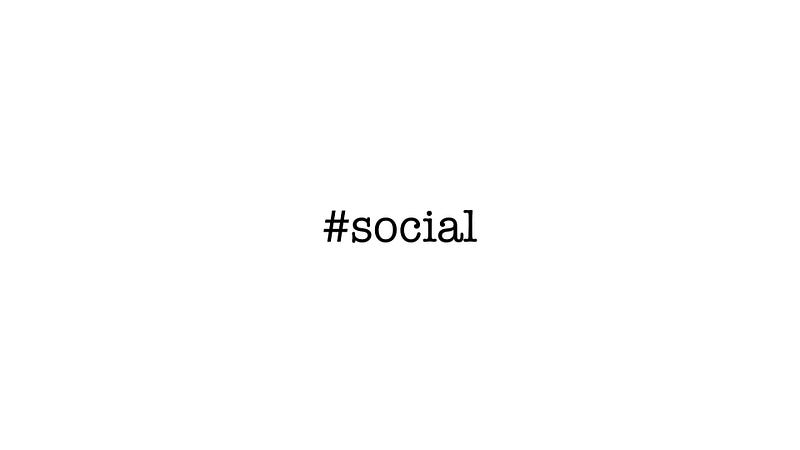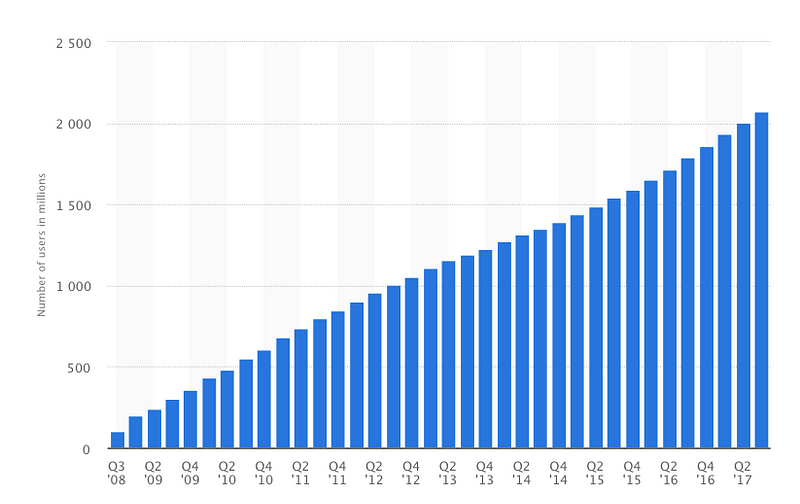
It’s that time of year when the award ceremonies are taking place in the world of celebrities. The Baftas, The Grammys, The Oscars etc.
But we also have awards closer to home. Business awards, County awards, Industry awards in every single industry sector and of course then there are personal awards, awards given out by The Queen.
And really what does it actually all mean?
Does your popularity rise?
Do you earn more money?
Are you able to get a table faster at your favourite restaurant?
Will you be admired by your peers, who may aspire to be like you instead of themselves?
And what about the losers? The ones that were nominated to keep the suspense alive, but missed out on the night. What about them? Are they any less worthy?

I have been invited to many award ceremonies in Birmingham, I’ve even been given free tickets and apart from when something genuinely came up, I have avoided them all. I was even nominated for one and still didn’t go.
I feel that it creates a divide in society, it shows us that some in society are actually better than you, have achieved more than you. It doesn’t mean that the awarded individual or organisation is bad, of course they are not, but do they really need the award to make them feel better about themselves?
Is it proof that they are more worthy of recognition compared to the ones who were nominated but lost out? We never remember those that were nominated and still some of those will include this statistic on their profiles, their websites and in their bios.
‘Nominated for blogger of the year’.
Nominated means you lost, so why even promote it! Well, you were in the running so that’s also special. It means your peers who were never in the running are the real losers. They might as well pack up and go home, because they never stood a chance anyway.
Happy awarding!


